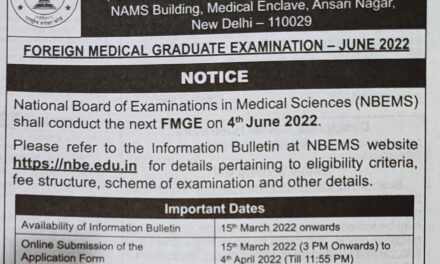A groundbreaking study has revealed that banning tobacco sales for individuals born between 2006 and 2010 could prevent approximately 1.2 million lung cancer deaths by 2095. The study, published in The Lancet Public Health, underscores the importance of additional measures, such as higher cigarette taxes and expanding smoke-free areas, to further mitigate tobacco-related health risks.
Findings from the Study
According to the research, tobacco use remains the leading cause of lung cancer, accounting for 85% of cases worldwide, as reported by the World Health Organization (WHO). The study, which analyzed cancer incidence data from 185 countries, is among the first to model the long-term impact of a “tobacco-free generation” policy.
The results suggest that prohibiting tobacco sales for the 650 million individuals born in the specified years could significantly reduce lung cancer mortality. The study estimates a prevention of over 45% of male lung cancer deaths and nearly 31% of female deaths. Regional variations were observed, with potential reductions as high as 78% among Western European women and 75% among men in Central and Eastern Europe.
Global Efforts and Challenges
Several countries have already initiated tobacco-free generation policies. New Zealand, parts of Australia, and specific U.S. regions have implemented restrictions, although political resistance remains a challenge. New Zealand’s newly elected conservative government is reportedly working to overturn a 2008 ban, while the UK’s Labour government has expressed support for a similar measure targeting individuals born after January 2009.
Despite political setbacks, public health experts continue to advocate for tobacco control measures, emphasizing the long-term benefits of reduced smoking rates and decreased lung cancer mortality.
Conclusion
The study reinforces the potential life-saving impact of stringent tobacco regulations. While outright bans on tobacco sales for specific age groups remain controversial, additional policies such as taxation, smoking restrictions, and public awareness campaigns could further enhance global efforts to curb tobacco use.
Disclaimer: The information presented in this article is based on published research and public sources. It is not intended as medical or legal advice. Readers should consult health professionals and regulatory authorities for further guidance on tobacco-related policies and health risks.












